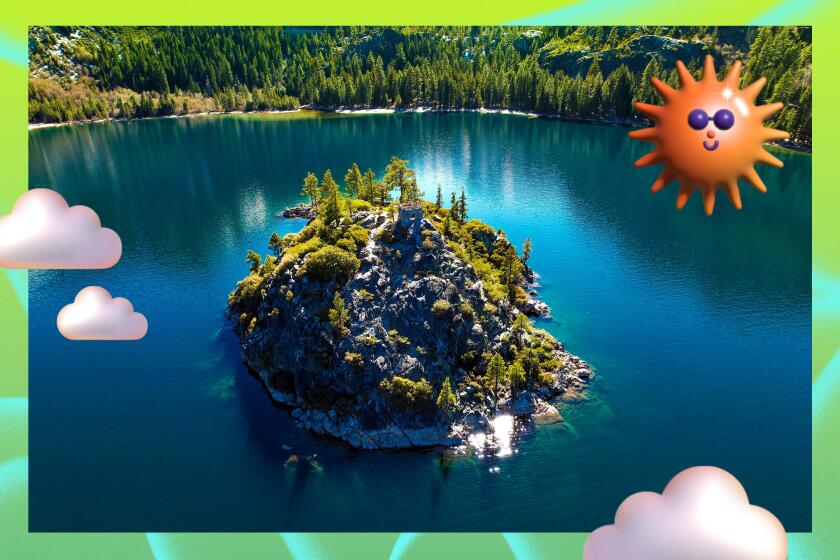How we found the 101 best experiences in California
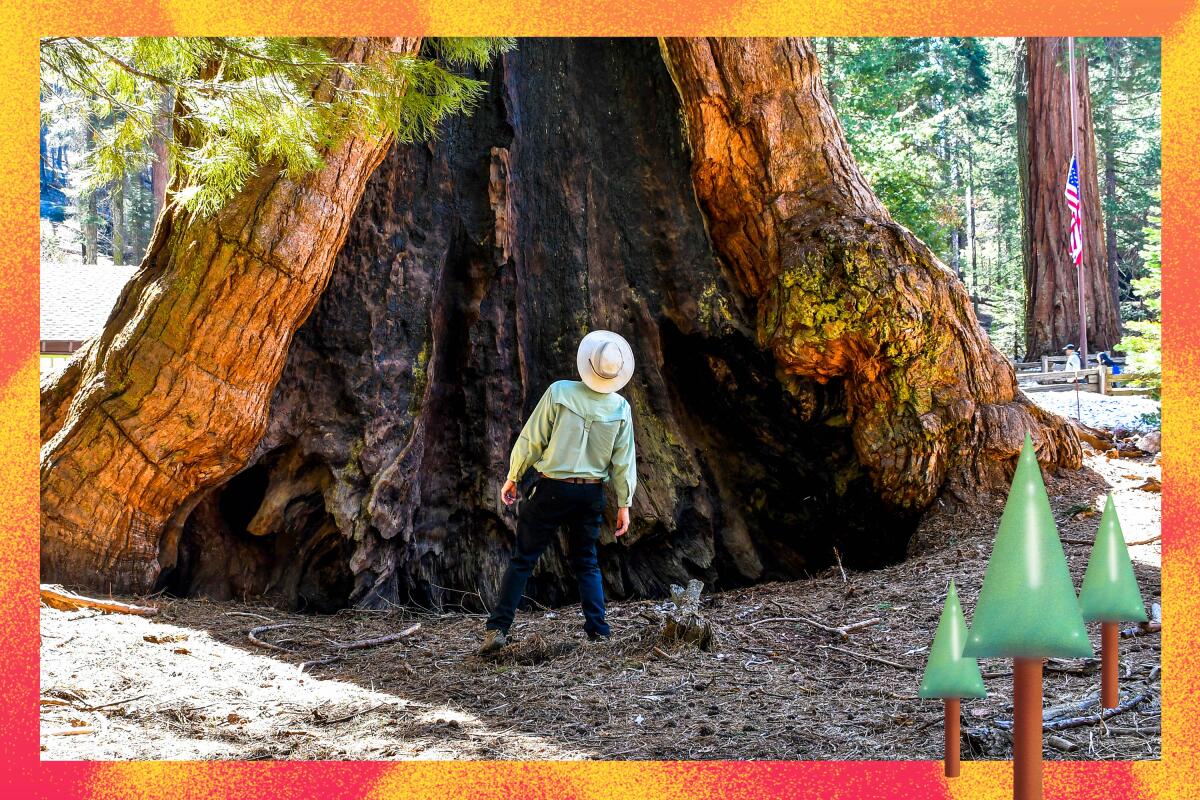
- Share via
This is part of “California 101,” our guide to the best experiences across the state.
Find the 101 best experiences in California. That was the assignment for L.A. Times travel reporter Christopher Reynolds. Did he think it sounded impossible and a little absurd? You bet.
But amid the isolation of the past two years, he sensed a collective hunger for exploration. (Ready or not, it’s the summer of “revenge travel.”) So Reynolds, who has spent three decades writing about worthy destinations on the West Coast and beyond, took the challenge. Equipped with masks, stacks of reporter’s notebooks, camera gear and baggies of trail mix, he scoured the state in search of its most delightful, fascinating and awe-inspiring places to visit and created a list of the 101 best California experiences. The California 101, as we like to call it.
As Reynolds’ editor, I wanted to know more about how it all came together. We chatted about his process, the places that surprised him and the fascinating people he met along the way.
First off, how does a person go about choosing the 101 best places to visit in California?
There’s no scientific method whatsoever. It’s an impossible and subjective task. But if you’re going to fail at something, why not this?
OK, but you did have, like, spreadsheets and stuff, right? How did it work logistically?
Three spreadsheets. Overnights in hotels, motels, campgrounds and one Airstream trailer. My first step was what I call “remedial travel” — having a look at some iconic places that I’d never bothered to see, like Alcatraz (it’s well worth it). The next step was finding worthy places that aren’t on every other list. For those, I polled friends and strangers, rummaged through my memory and found my way to places like the Torrey Pines Gliderport in La Jolla and the Cold Spring Tavern above Santa Barbara. Finally, I had to revisit a few spots like Sequoia National Park.
So I’m looking at the list. Where’s Disneyland?
You know where Disneyland is. And that’s why it’s not on the list. The same goes for California’s other theme parks, and a lot of its most distinguished museums. I included well-known spots if I thought I had something valuable to add. Otherwise, I didn’t.
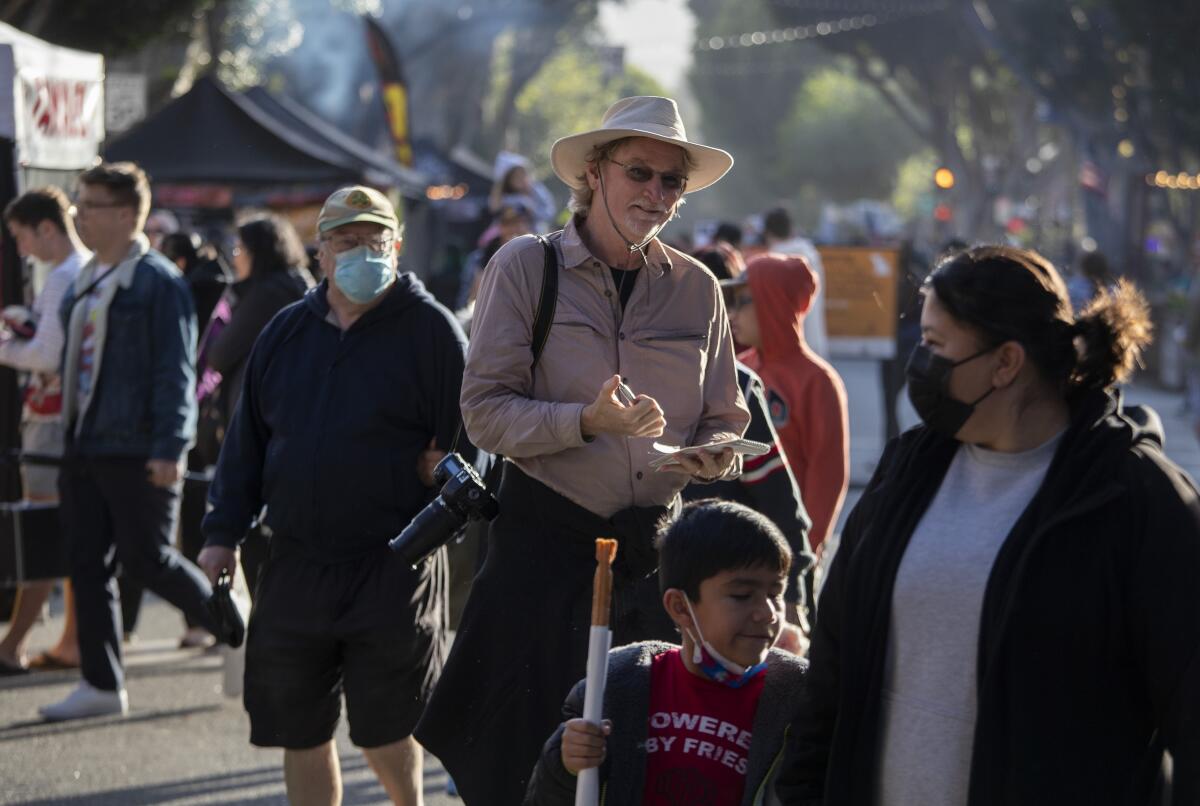
What else didn’t make the cut?
I had to leave off some perennial favorites — the Madonna Inn and the Norton Simon Museum, for instance, even though one of them has pink tennis courts and the other is crammed full of Impressionist masterworks. I wanted to make room for more surprises.
Like what?
The Orange Works in Strathmore, for instance. I was headed through the San Joaquin Valley to look in on the General Sherman tree — I hadn’t seen it since the fires of 2021 reached Sequoia National Park — and asked my colleague Leslie Cory, who grew up nearby, where I should stop on the way. She pointed me toward this sandwich shop, which is locally famous for making its own orange ice cream using fruit from the groves that stretch all around.
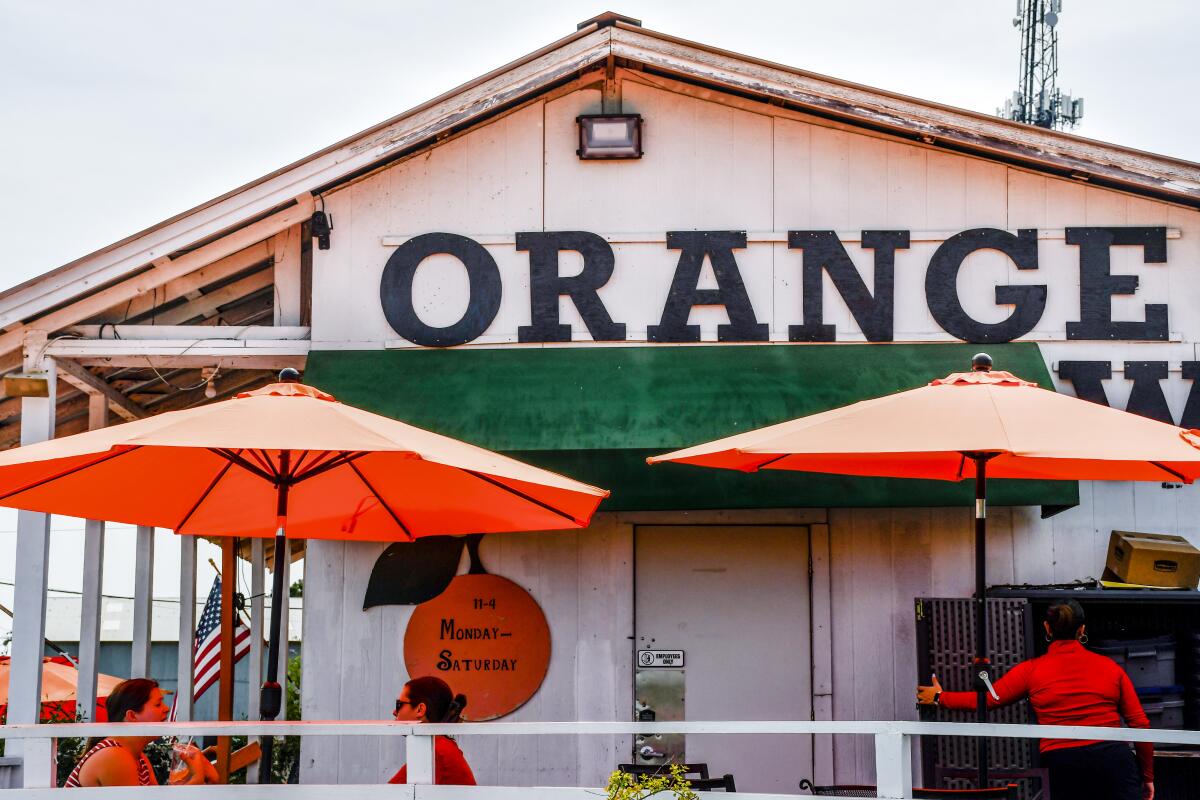
Wait. You’d rather taste that ice cream than see Impressionist masterworks?
My answer is yes. Orange Works ice cream over the Norton Simon’s Impressionists. But next year’s answer might be different. Like California, I contain multitudes. (And Van Gogh’s “Portrait of a Peasant” — the man in the yellow straw hat against a blue background — really is something.)
There’s one place on the list that you didn’t visit yourself.
Yes. The top of Mt. Whitney, highest peak in the 48 contiguous states. Fortunately, my colleague Mary Forgione goes every year, so I don’t have to.
You saw California in every shape and dimension. What did you learn from this assignment?
So much. You go to City Lights bookstore in San Francisco and see the legacy of Lawrence Ferlinghetti, the poet who co-founded the place in 1953 and lived to be 101. And that reminds you of Dave McCoy, the hydrologist who founded Mammoth Mountain — also in 1953 — and lived to 104. Apparently we all need to read and ski more.
Then you head over the Grapevine to the grave of César Chávez, who rallied the Latino farmworkers of the Central Valley in the 1960s. The Chávez grave and national monument is in Keene, which, I now know, is just three miles from the Tehachapi Loop. That’s a medley of railroad tunnels and bridges that attracts train geeks from all over. You start thinking about the thousands of exploited Chinese laborers who dug these tunnels and didn’t have a César Chávez. What if they had?
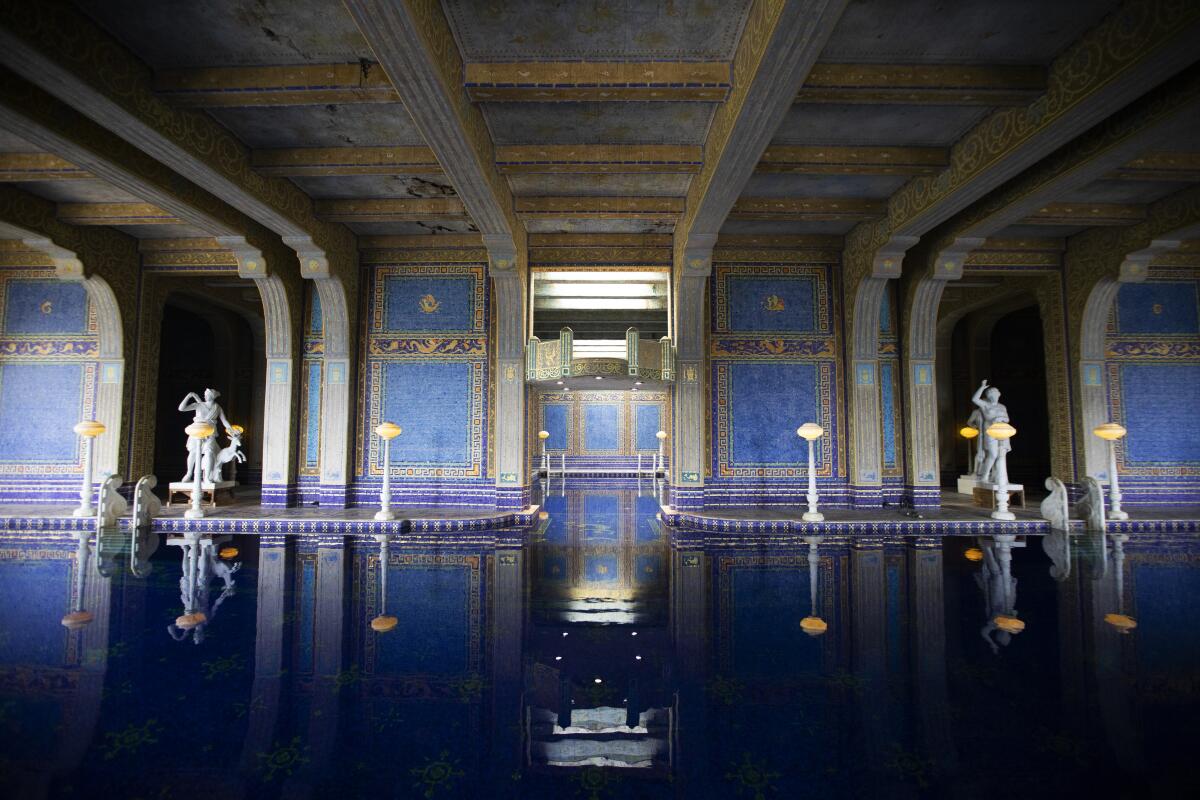
Or maybe you think about Julia Morgan designing and revising Hearst Castle through the 1920s, ’30s and ’40s, all while Sabato Rodia was doing the same with his towers in Watts. She had vast resources. He had basically none.
Those are some big thoughts. What’s the main lesson?
You picture all these people hammering away at their various dreams, and you realize what an implausible, gorgeous hot mess of a state this is. Whether people seek out their next adventure in San Simeon or Watts or someplace else on this list, I’m just hoping we’ve helped them see and appreciate a little bit more of it.
More to Read
Sign up for The Wild
We’ll help you find the best places to hike, bike and run, as well as the perfect silent spots for meditation and yoga.
You may occasionally receive promotional content from the Los Angeles Times.








